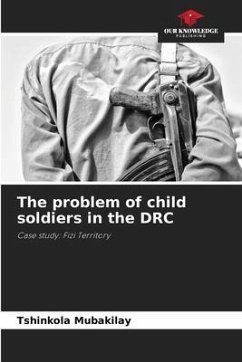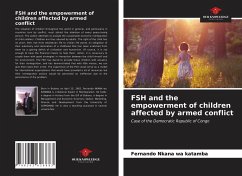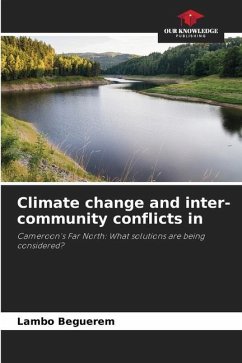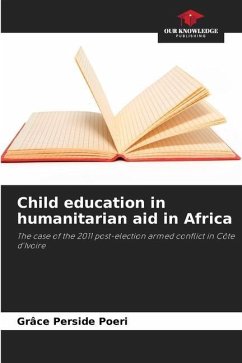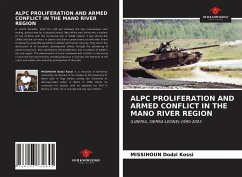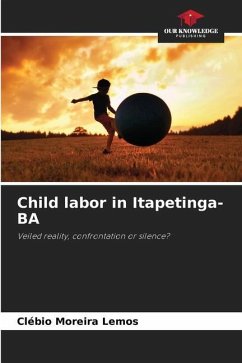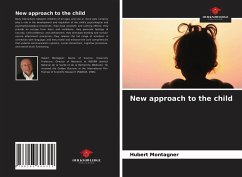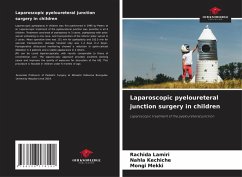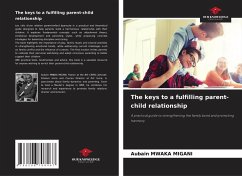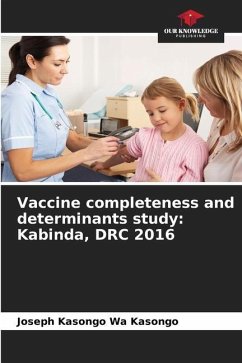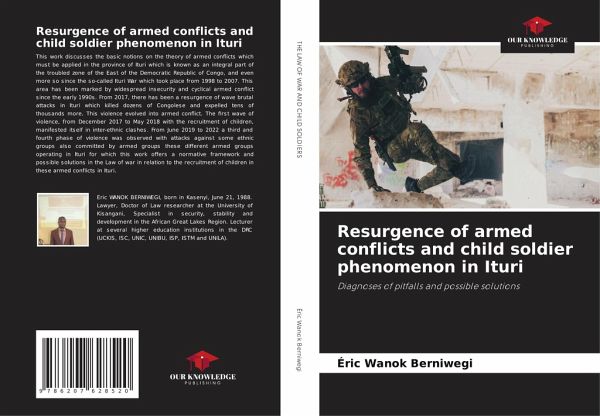
Resurgence of armed conflicts and child soldier phenomenon in Ituri
Diagnoses of pitfalls and possible solutions
Versandkostenfrei!
Versandfertig in 6-10 Tagen
60,99 €
inkl. MwSt.

PAYBACK Punkte
30 °P sammeln!
This work discusses the basic notions on the theory of armed conflicts which must be applied in the province of Ituri which is known as an integral part of the troubled zone of the East of the Democratic Republic of Congo, and even more so since the so-called Ituri War which took place from 1998 to 2007. This area has been marked by widespread insecurity and cyclical armed conflict since the early 1990s. From 2017, there has been a resurgence of wave brutal attacks in Ituri which killed dozens of Congolese and expelled tens of thousands more. This violence evolved into armed conflict. The firs...
This work discusses the basic notions on the theory of armed conflicts which must be applied in the province of Ituri which is known as an integral part of the troubled zone of the East of the Democratic Republic of Congo, and even more so since the so-called Ituri War which took place from 1998 to 2007. This area has been marked by widespread insecurity and cyclical armed conflict since the early 1990s. From 2017, there has been a resurgence of wave brutal attacks in Ituri which killed dozens of Congolese and expelled tens of thousands more. This violence evolved into armed conflict. The first wave of violence, from December 2017 to May 2018 with the recruitment of children, manifested itself in inter-ethnic clashes. From June 2019 to 2022 a third and fourth phase of violence was observed with attacks against some ethnic groups also committed by armed groups these different armed groups operating in Ituri for which this work offers a normative framework and possible solutions inthe Law of war in relation to the recruitment of children in these armed conflicts in Ituri.





